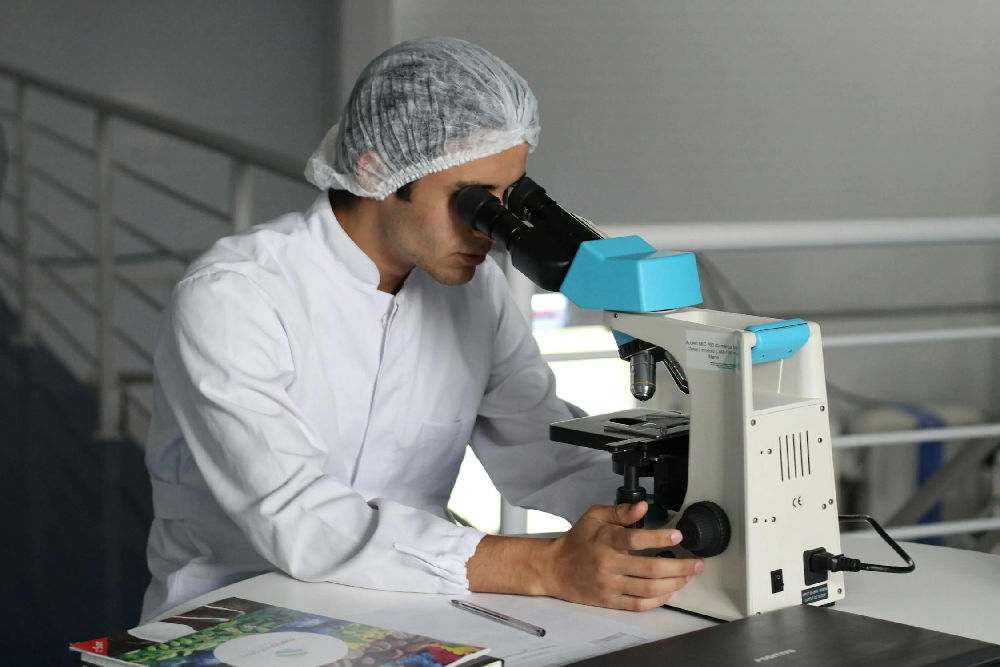
Photo by pixabay
Published on: Dec 28, 2023
In an era where the blue glow of smartphones disrupts our sleep, melatonin supplements have surged in popularity as a remedy for sleep disturbances such as insomnia and jet lag. Known as the "hormone of darkness," melatonin is produced by the brain's pineal gland and plays a crucial role in regulating the sleep-wake cycle. Its production increases at night, signaling the body to prepare for sleep. However, the widespread use of electronic devices at bedtime has led to a decrease in natural melatonin production, contributing to sleep problems for many.
This disruption has driven a significant increase in melatonin supplement usage. In the US, unlike the UK where it requires a prescription, melatonin is available over the counter. Its use has become so common that it's not unusual to find children consuming melatonin-infused gummies to help them sleep through the night.
Despite its growing popularity, concerns are rising about the safety of melatonin, especially in light of recent trends. Dr. Michael Toce of Boston Children's Hospital observed a spike in children admitted for melatonin overdoses during the pandemic. A study co-authored by Toce revealed a 530% increase in calls to poison control for child melatonin overdoses between 2012 to 2021. In most cases, symptoms were mild or non-existent, but in some instances, children required intensive care, and there were even reports of two fatalities.
The lack of regulation for melatonin as a dietary supplement raises concerns about its safety. Without the oversight of the Food and Drug Administration (FDA), there's little consistency in the dosage and quality of melatonin products. Studies have shown significant discrepancies between the labeled and actual melatonin content in these supplements.
The exact mechanism of melatonin's potential harmful effects is not well understood. High doses in animal studies have shown toxicity, but these levels are far beyond what is recommended for sleep disorders. Melatonin receptors are found throughout the body, indicating that the hormone might have broader physiological impacts beyond sleep regulation, though these effects are not fully understood.
Given the widespread use of melatonin, especially among children, there's a pressing need for more research into its long-term effects and safe dosage levels. As Dr. Sanford H Auerbach of Boston Medical Center points out, while melatonin is generally considered safe compared to other sleep medications, the lack of comprehensive studies leaves significant gaps in our understanding of its long-term consequences. As such, the medical community urges caution and better regulation to ensure the safe use of melatonin, especially among vulnerable populations like children.